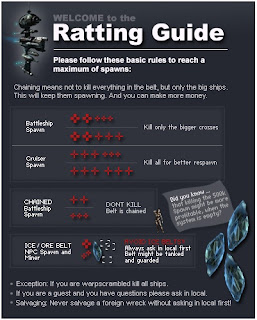Of spaceships and men - Mapping the polity of EVE Online
Of spaceships and men
Mapping the polity of EVE Online using Latent Dirichlet Allocation topic modeling (Master's Thesis)
Jussi Nuortimo
PDF (Backup Copy - Archive.org)
Abstract
In this study the institutional and discoursive landscape of EVE Online, and birth of civil society around it is mapped using Latent Dirichlet Allocation topic modeling, using a very large dataset of discussion forum messages from EVE’s official forums in 2003-2011. This requires methodological development, which is the study’s second objective. EVE Online is a massively multiplayeronline game developed by the Icelandic game developer CCP.
This was achieved by approaching the primary objective from two points of view – an institutional analysis of the EVE polity, and analysing the discourse on EVE politics. In the methodological part, LDA topic modeling was used as a method of quantitative textual analysis on a corpus consisting of discussions in the Corporation, Alliance and Organizations Discussion (CAOD) subforum of EVE. There is a close relation between the methods used in the analysis, and the second research question. If the analysis yields results, the second objective can be considered reached.
The first part of the analysis, a look at social institutions formed by the players in EVE institution was done using a combination of source materials ranging from the discussions, to official CCP material regarding their product and a series of journalistic articles examining the workings of EVE. In this analysis, institutions in EVE can be divided into those run primarily by CCP and those run by its customers: EVE players or citizens. CCP in EVE does not seem to even try to take themselves out of the equation when it comes to governance in EVE. EVE does have CCP-created institutions and policies that at least on some levels hand out the responsibility and power of governance to players.
These methods include such things as electing a Council of Stellar Management, a liaison body between the players and the developer. The discursive landscape of EVE was examined using LDA topic modeling. The resulting topics were then validated using both internal validation methods – that is, testing for the coherence and viability of the top words in a topic, categorizing the topics and
comparing the categories and contents to the qualitative analysis of the raw source material that the topic is made of. In external validation, several sources covering EVE, such as books and media institutions were used.
In conclusion, EVE does seem to have a sophisticated system of governant institutions, both originating from the players and from the developer. They players devote much of their political discussion to topics of governance. Much, though not all, of it is still traceable to their objectives inside the game.


Comments
Post a Comment